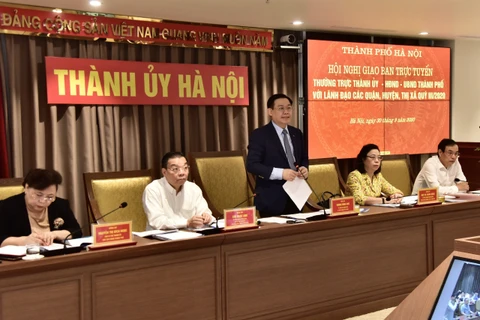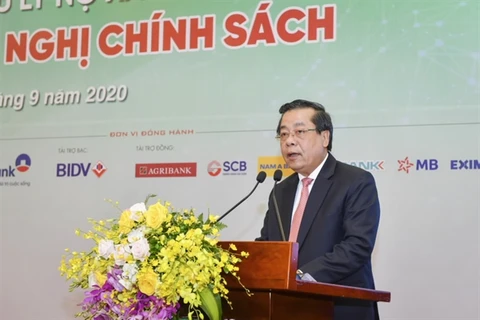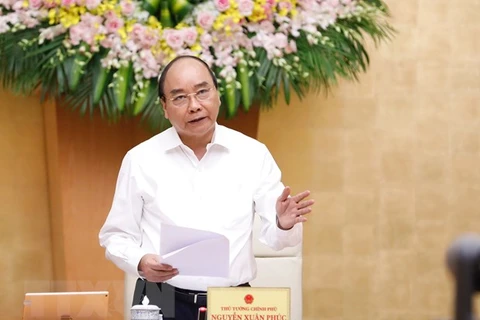Sydney (VNA) – Vietnam has adopted a good policy amid the COVID-19 pandemic, which is also crucial in ensuring the country’s long-term economic growth, said an Australian scholar.
Suiwah Leung, Honorary Associate Professor of Economics at the Crawford School of Public Policy under the Australian National University, made the remark in his recent article posted on the East Asia Forum.
In his article named “Vietnam’s economy weathers the COVID-19 storm - good policy or luck?”, Suiwah Leung said that “Vietnam’s economy and people are often described as ‘resilient’. Nowhere is this more befitting than in relation to the COVID-19 pandemic.
After successfully tackling the pandemic, the country still recorded 1.8 percent GDP growth during the first half of 2020 despite negative figures in most parts of the world.
He cited the World Bank’s July 2020 Taking Stock report as saying that Vietnam’s recent economic performance is a result of its twin engines of growth: export demand and domestic consumption.
According to this report, from January to mid-April, Vietnam’s exports recorded a 13 percent per month increase before its trading partners, such as the United States, Japan and China, began contracting. During this period, domestic consumption was subdued because of strict social distancing and lockdowns. Then from mid-April to the end of June, the domestic economy was in recovery mode with manufacturing growing at 30 percent while merchandise exports collapsed, he wrote.
He added that the World Bank forecasts an annual growth rate of 2.8–3 percent for Vietnam in 2020, and a return to pre-crisis growth of 6.8 percent in 2021.
This forecast is subject to the Government actively using fiscal policy to support growth in the very short-term, and the economy continuing to benefit from the trade and investment diversion in the medium term through participation in regional free trade agreements like the EU–Vietnam Free Trade Agreement concluded in June 2020, the author said.
One of the immediate measures to support growth is to ease mobility restrictions given tourism contributes around 10 percent to GDP growth. Other fiscal measures include ramping up spending on the approved public investment programme, in particular spending on Official Development Assistance (ODA) projects in the pipeline. Strategic support from the private sector, such as investment in the country’s digital infrastructure, is also being implemented.
In mid-August, the Ministry of Information and Communications announced the launch of the akaChain blockchain platform, which helps companies shorten the time spent on tasks like electronic Know Your Customer procedures, credit scoring and customer loyalty programmes. Improved security and transparency are also possible in future developments of this technology. In a country with a relatively young demographic, remote teaching and learning, as well as telemedicine, are advancements that have been given impetus by COVID-19, he said.
“While there might have been an element of luck in the short-term trade and investment diversion as well as in timing for handling the pandemic, good policy has generally been adopted and will continue to be crucial in ensuring Vietnam’s long-term economic growth,” Saiwah Leung concluded./.
VNA
























